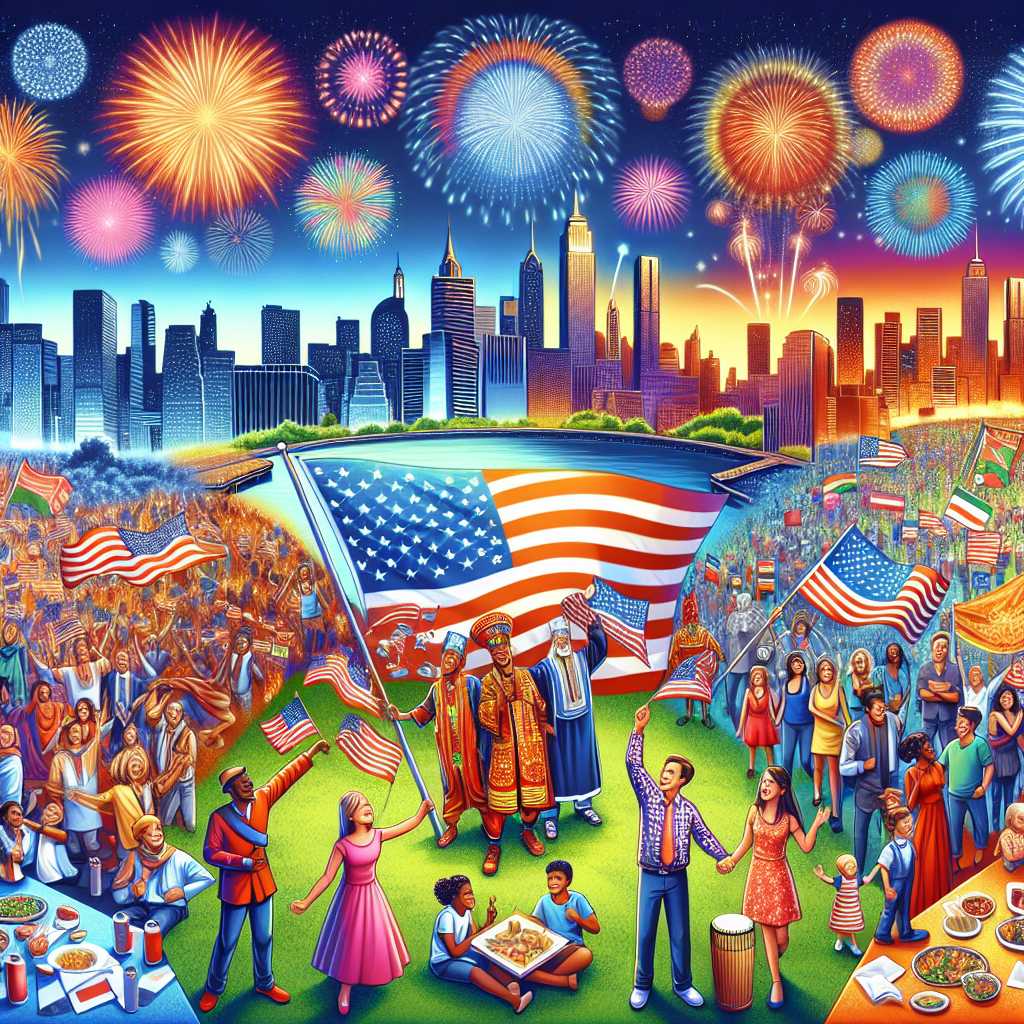Understanding Independence Day: A Global Perspective
Independence Day, a term widely recognized and celebrated across various nations, signifies the historical moment when a country achieved freedom from another state’s rule or colonial power. Each country’s Independence Day marks the anniversary of political autonomy, reflecting a cornerstone in national history featuring patriotic displays, ceremonies, and educational events that foster national pride among citizens.
This article explores the notion of Independence Day from a global perspective, delving into its significance, common traditions, the role it plays in fostering national identity, and how various countries around the world commemorate their independence.
The Significance of Independence Day Celebrations
Independence Days are landmark dates in national calendars, commemorating the momentous day on which a nation-state declares its sovereignty and often constitutes a pivotal event in the country’s historical narrative. For many countries, Independence Day symbolizes the struggle for self-rule, honoring the leaders and movements that contributed to the realization of autonomy.
Aside from commemorating historical independence, these holidays also afford nations an opportunity to showcase their cultural heritage, progress, and unity. Furthermore, they can serve to educate younger generations about their country’s history while reinforcing sentiments of patriotism.
Traditions and Customs of Independence Days Around the World
Each nation’s way of observing Independence Day is shaped by its unique history and culture, but there are recurrent themes found in these celebrations.
Parades and Military Displays
Massive parades are a common spectacle, often featuring military personnel, veterans, and floats that represent different aspects of a country’s society and achievements. These display strength and unity while also providing a showcase for national pride.
Fireworks and Festivities
Exuberant public fireworks are synonymous with Independence Day celebrations in many countries. The visual splendor serves not only as entertainment but as a metaphor for the joy and explosiveness of freedom.
Speeches and Political Ceremonies
Politicians and leaders traditionally give speeches that reflect on their nation’s journey to independence, current achievements, and aspirations for the future. Commemorative ceremonies may also include honoring heroes who have played pivotal roles in obtaining or maintaining liberty.
Cultural Events
Cultural representations such as music concerts, dance performances, and art exhibitions play a big part in celebrating the day, preserving traditions and promoting diverse cultural expressions within the nation.
Education
Educational events are conducted to inform citizens, especially younger generations, about their nation’s fight for autonomy. Schools often organize special programs or lessons centered around their independence history.
Family Gatherings and Community Activities
In addition to official public events, families and local communities might engage in picnics, sports activities or communal meals to commemorate their country’s Independence Day together.
Global Examples of Independence Day Celebrations
Different nations observe their own historic days of independence in ways that resonate with their culture and history:
United States (July 4)
In the United States, July 4th marks the Declaration of Independence from British colonial rule in 1776. Celebrations typically include parades, firework displays, barbecues, carnivals, concerts, and baseball games.
India (August 15)
India commemorates its independence from British rule in 1947 with flag-hoisting ceremonies across the country. The Prime Minister addresses the nation after raising the flag at New Delhi’s Red Fort. Furthermore, cultural programs emphasizing India’s diverse heritage are held nationwide.
Mexico (September 16)
Mexico’s celebration of Grito de Dolores recalls its declaration of war against Spanish governance in 1810. Parades, mariachi music performances, fireworks, and traditional food characterize this vibrant holiday.
Ghana (March 6)
Ghana became Africa’s first country to gain independence from colonial rule in 1957. Celebrations often involve parades which include traditional drummers and dancers adorned in colorful attire representing Ghana’s multiple ethnic groups.
Notes
Image description: A vibrant montage showcasing various global Independence Day celebrations: fireworks erupting over city skylines; people waving flags of different nations; colorful parades with traditional costumes; children playing drums; leaders delivering speeches; families enjoying picnics in parks.

